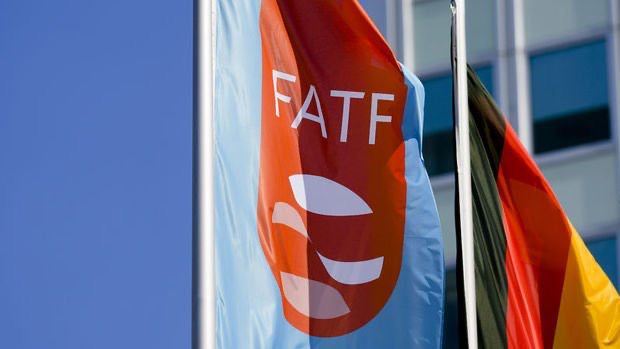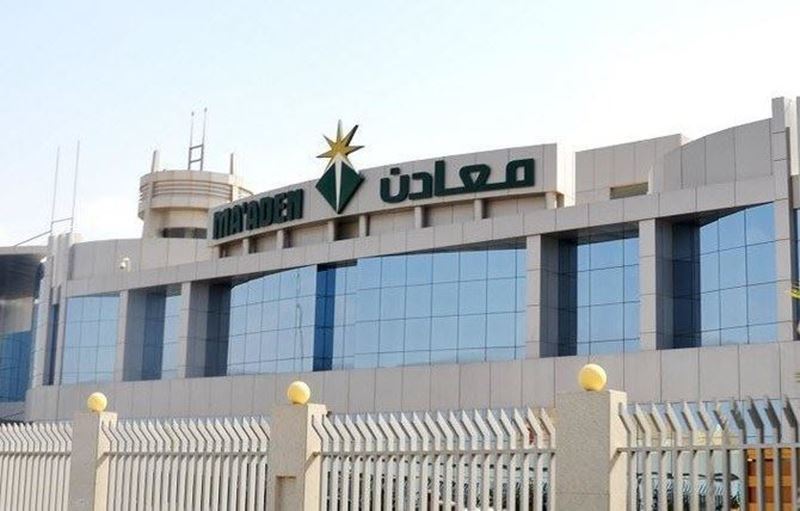Türkiye was removed from the gray list. The Financial Action Task Force (FATF) decided to remove Türkiye from the gray list at its meeting in Singapore.
Minister of Treasury and Finance Mehmet Şimşek, who was in Singapore where the meeting was held, shared 'We succeeded' in his social media message before the decision.
In the relevant documents of the FATF, it was seen that Jamaica was also removed from the gray list along with Türkiye.
In its statement, the FATF said that Türkiye has strengthened its effectiveness in addressing the strategic deficiencies in the money laundering and terrorism financing regime identified by the FATF in October 2021.
The following countries remained on the FATF's last updated gray list: Bulgaria, Burkina Faso, Cameroon, Croatia, Democratic Republic of the Congo, Haiti, Kenya, Mali, Monaco, Mozambique, Namibia, Nigeria, Philippines, Senegal, South Africa, South Sudan, Syria, Tanzania, Venezuela, Vietnam, Yemen.
FATF delegation visited Türkiye last month
Last month, a delegation from the FATF visited Turkey to conduct an on-site assessment of Türkiye's anti-money laundering and illicit financing practices.
The visit included "on-site" inspections and an assessment of progress in combating money laundering and terrorist financing.
Following this visit, the economic administration said it expected Türkiye to be removed from the gray list and that any other decision would be political.
The elements emphasized in the text of the decision were as follows;
There were eight headings in the FATF's decision text.
Under the first heading, it was stated that progress was made in the financial intelligence unit in allocating more resources to the supervision of anti-money laundering/combating the financing of terrorism compliance of high-risk sectors and increasing on-site inspections in general.
Second, there was an emphasis on imposing deterrent sanctions for anti-money laundering/anti-terrorist financing violations, in particular for informal money transfer services and Foreign Exchange offices and in relation to adequate, accurate and up-to-date beneficial ownership information requirements.
The next item highlighted progress in improving the use of financial intelligence to support money laundering investigations and increasing proactive dissemination by the FIU.
Conducting more complex money laundering investigations and prosecutions was also highlighted by the FATF.
Establishing clear responsibilities and measurable performance targets and benchmarks for authorities responsible for recovering proceeds of crime and prosecuting terrorist financing cases, and using statistics to update risk assessments and inform policy were also elements of the FATF's resolution.
Progress was also made in conducting more financial investigations in terrorism cases, prioritizing terrorist financing investigations and prosecutions of UN-designated groups, and ensuring that terrorist financing investigations are expanded to identify financing and support networks.
With regard to targeted financial sanctions under UN Security Council Resolutions 1373 and 1267, the FATF also emphasized progress in addressing shortcomings in following up on foreign requests and domestic designations related to UN-designated groups in line with Türkiye's risk profile.
Finally, the resolution noted progress in implementing a risk-based approach to nonprofit oversight to prevent their misuse for terrorist financing, providing access to and soliciting feedback from a wide range of nonprofits in the sector, taking steps to ensure that sanctions imposed are proportionate to any violations, and taking steps to ensure that oversight does not disrupt or discourage nonprofits' legitimate activities, such as fundraising.











Comments
No comment yet.